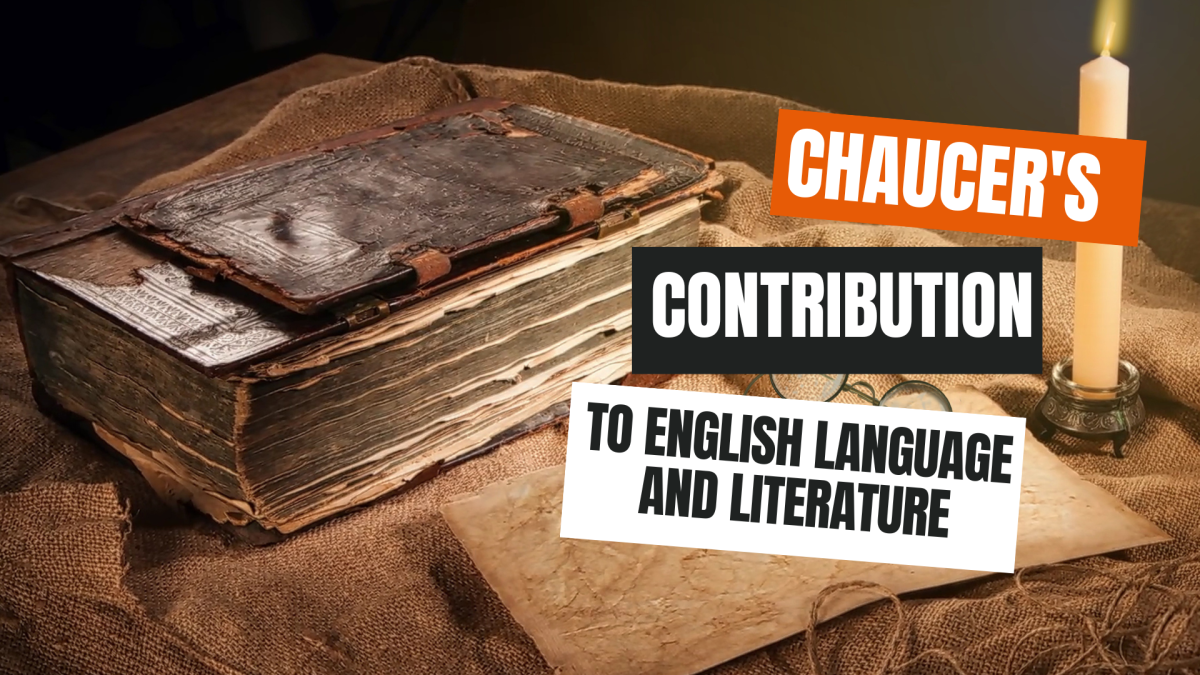Vanity Publishing: What's It All About
Things Have Changed
A century ago, publishing looked something like this:
1. You wrote the book
2. You hired an editor to edit the book
3. A publisher published the book, paying you via advance or royalties. Often you didn’t get paid much
This approach is called traditional publishing. It took a good deal of the work away from the author. The author had to write the book and that’s pretty much it. The editor edited and, okay, the author rewrote the book. But most of the work was on the hands of the publisher. They put together the finished product, including the cover design and typesetting. They dealt with printing and distribution. And, when marketing was involved, they did the marketing or hired it out.
It’s fairly obvious why authors prefer traditional publishing contracts. They leave all of the things-that-are-not-writing to someone else. Authors wrote. And rewrote. And wrote some more.
The publishing industry has changed a lot since then. This mostly came with the advent of the internet and Indie publishers. Indie publishers are tiny publishing houses that do what the bigger publishing houses do. They’re smaller, more personalised, and their names don’t always get the same reaction that the “Big Five” do. More often than not, though, Indie Publishers work on a traditional publishing model.
The internet brought about the advent of e-books and social media. Books could reach a much wider audience than ever before. And the face of marketing changed. It is no longer just about physical ads and reviews and word-of-mouth. It’s about having a presence on social media. About being a real person. People follow what you’re doing — big and small — and authors have a face more than just a name on a cover. It’s personal and personalised.
The internet also brought about a huge amount of content, which can make it difficult to get your voice heard. There are not a few tens of people that you’re competing against, there are thousands. As a result, traditional publishing contracts have become not just difficult to get, but nearly impossible. Forget the Big Five publishers. Even Indie contracts are like winning the lottery. You could be the best writer since Tolkien, but it wouldn’t matter if the publishers are too inundated with submissions to even read your work.
This Problem Led to Two Solutions
1. Self-publishing
2. Vanity publishing
Self-publishing requires its own blog post (or three or five) so I’m going to set that aside for now. What I am going to talk about is Vanity publishing.
Vanity publishing looks a lot like regular publishing. You submit your manuscript to the submissions team of an independent publisher. Their website tells you that they would be a great fit and you’ve actually heard of a couple of the authors they represent. You hope. Then, like with every other submission you wait.
And wait.
And just when you expected to wait some more just to receive another rejection letter (er, e-mail), your inbox pings.
You read something like this:
Dear _____,
After careful consideration and discussion, we are going to publish Name of Book. We believe that it would do well with certain audiences and so we would like to offer you a contribution-based contract. We do not, at this time, believe that a traditional publishing contract would be possible, but a contribution-based contract is a viable option in today’s market. If you are interested, please respond and we’ll send you a contract to look over.
Okay, this isn’t word for word, but I’ve had a few of these and it’s close enough. The point of this letter isn’t the fact that someone wants to publish your book. The point is that they want to publish your book under a contribution-based contract.
Yeah, what?
A contribution-based contract is where you pay the publisher to publish your book. You’re paying the fees for them to get an editor, graphic artist, formatting specialist and marketing schema. On top of that, you’re likely to end up having to do a lot of the marketing yourself. What do you get out of it if they’re making you pay?
You get a publisher’s name attached to your book. And that’s pretty much it.
Most of the time, these publishers don’t expect that your book is going to sell. They’ll offer you a certain percentage of the royalties and say they won’t make a cent until after your fees are going to be paid back. But they don’t ever expect that you’ll sell enough copies to get your money back.
They’re not going to put the effort into marketing or editing or any of the rather-essential pieces to making a good book and selling that book. Why? Because they’ve already gotten your money. Why bother, when they don’t think the book is going to sell? If it does, great, they’ve made even more money.
The worst part is that they often expect authors to shell out thousands of dollars or pounds or euros. It can be anywhere from 2,000 to 10,000. And that is a whole lot of money that you’re never going to see again.
Surely there are some benefits?
Yes, alright, vanity publishing may work. Some people might put a whole lot of effort into marketing and you’re going to see your money back. And you get a publisher’s name attached to yours. That sort of success story is a very, very small percentage of the people who get pulled into this.
With that sort of money, you could just as well do all the work yourself. Hire your own editor. Hire a graphic artist for the cover. Put together your own marketing scheme and author platform. Most of the marketing these days is free, anyways. (Twitter, Tumblr, Instagram, YouTube, for example.) Then, once your book is ready, you can self-publish.
Self-publishing is often a free enterprise. The people who do it lose no money on you and they make money without you having to shell it over. Why? Because you’ve done all the work and they just get a portion of your royalties. There are some paid services, but those are less common and don’t charge much.
Why I Self-publish instead
I’m an independent author. I do my own writing. I do my own marketing. I do cover design. I even do a lot of editing, though the big stuff I leave to the professionals. And I haven’t had to pay someone else many thousands of dollars just to get their name attached to mine. It might take more time to get my work out there, but that’s how overnight successes work. Twenty years of hard work and you’re an overnight success.
Well, maybe ten.
In any case, if you do get approached by vanity publishers, enjoy the euphoria for a moment. Someone wants to publish your book. I did a happy dance. Then, take some time to go get tea or coffee. And consider the pros and cons.
The offer may not be quite what it seems.








